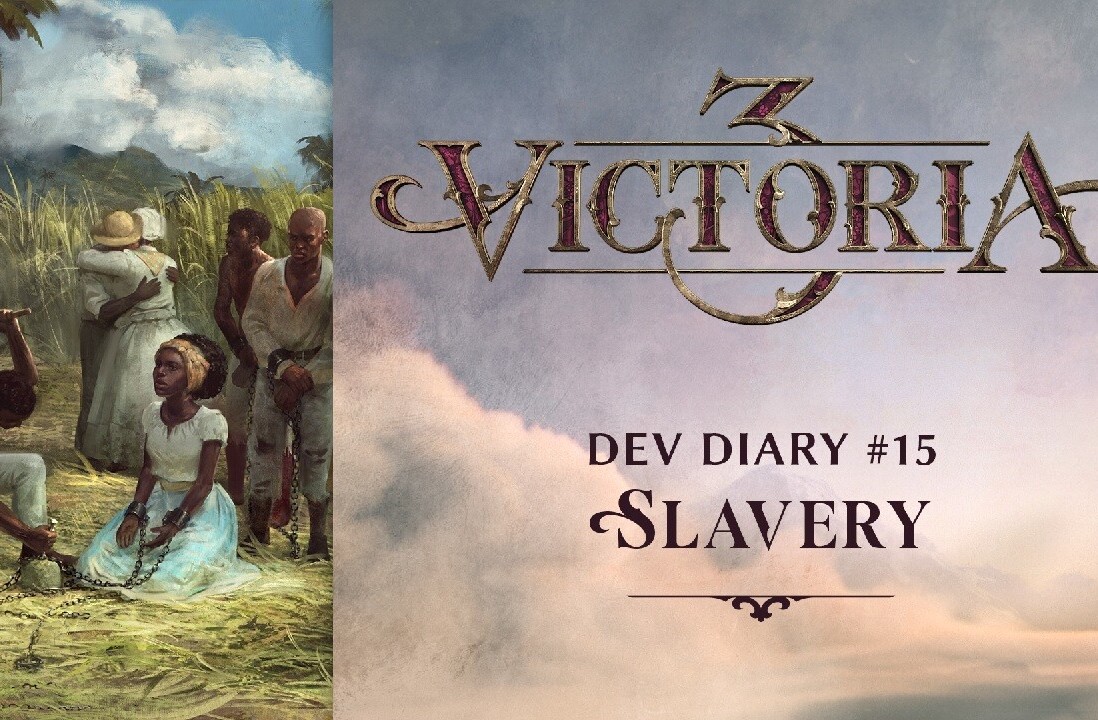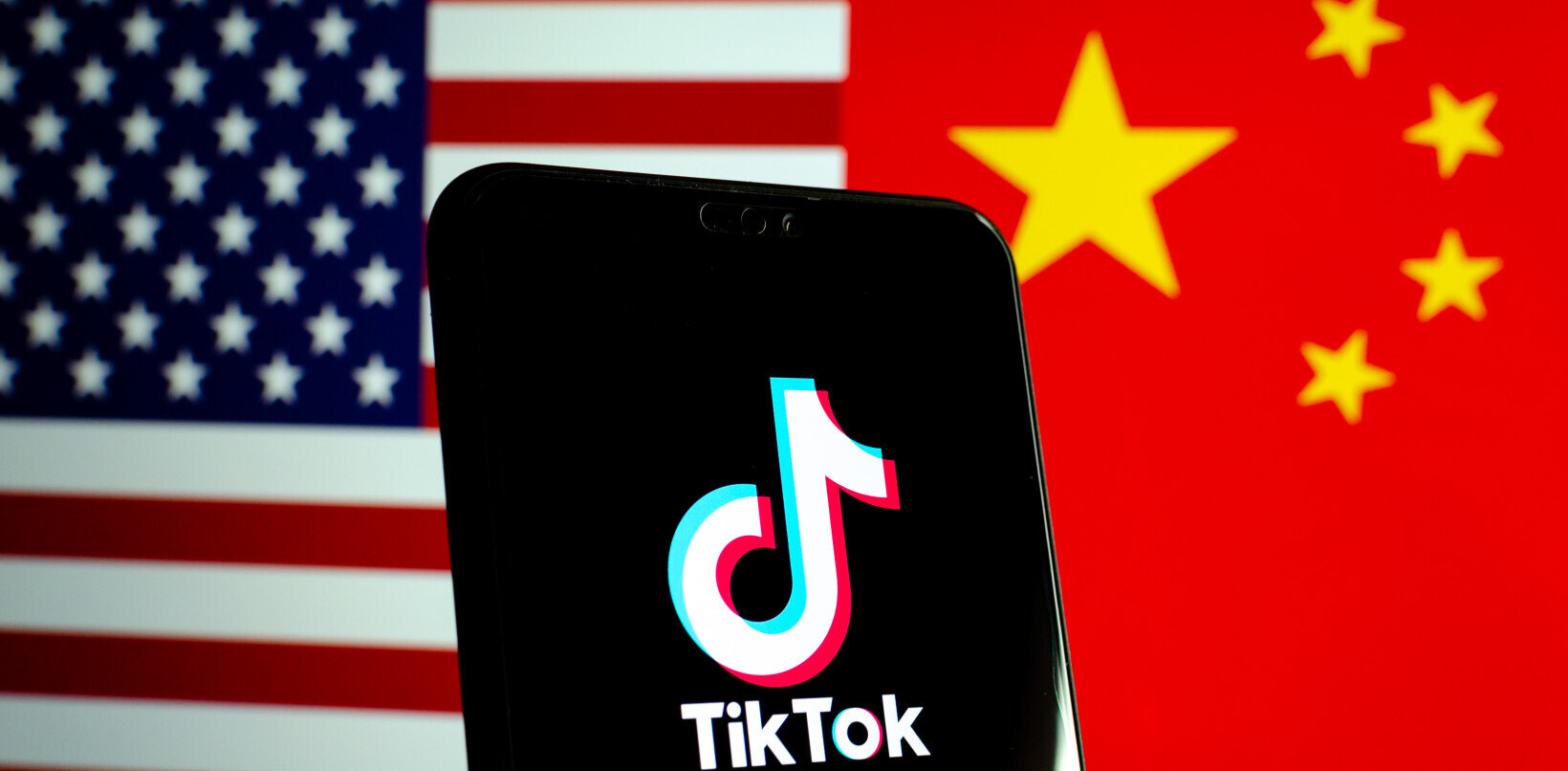

Reddit user “MrGrim” was fed up with what the main image hosts at the time were offering. Often when an image would become popular on Reddit, its host website would pull the image to conserve bandwidth, leaving viewers in the dark.
A bit of a problem for the casual surfer.
MrGrim, or Alan Schaaf (a computer science student at Ohio University), took the problem into his own hands, and built Imgur for the Reddit community to use. They did, and the site began to grow, and grow, and grow to the monster that it is today. Alexa now ranks Imgur as the 441st largest site in the world, and the 144th largest in the US.
In the last month, Imgur served 471 million images using some 65 terabytes of bandwidth.
Imgur (whose name is a contraction of “your” and “image” to “img” and “ur”), has spread around the internet to the main social portals of the internet, growing from Reddit to Digg, and to Twitter, and increasingly to Facebook.
Imgur, which recently added pro accounts, was built in simplicity, openness, and fairness to users. Online social groups are notoriously fickle, but Imgur has braved that by staying to its core premises.
Imgur still loses money, but it’s a deliberate move by Alan to keep spammy or deceiving ads off of the website. Community! Fairness! Protection of users! That is the Imgur way, and with much happiness, we present you with the TNW interview (via email), with the one and only, Alan Schaaf. Enjoy. [TNW questions in bold]
What was your initial impetus to build Imgur?
Imgur was built out of necessity. Most of the other image hosts at the time were confusing, bloated and just seemed to be missing the point, which is to get an image onto the Internet as quickly as possible. I knew there had to be a better option available and I wanted to provide it.
Did you have scaling issues given the sites’ rapid community adoption?
There were many scaling issues that I ran into due to the site’s rapid growth. People often talk about the Slashdot effect, which is when a popular website links to another site, causing a massive increase in traffic that can slow the site down or even temporarily close it. Being able to handle the Slashdot effect on a daily basis was nothing short of a challenge. For the first 5 months of operation, Imgur was hosted by 4 different companies and its first host lasted 3 days before it was shut down due to too much traffic. Fortunately, all the scaling issues have been resolved since then, which leaves it with much more room to grow.
Did you monetize from day one, or did you wait? Why and how did you?
It took me a while to start monetizing because I didn’t know what the costs would be of running this kind of service. I really dislike ads, and my users do too, so I held off on including them for as long as possible and eventually only added enough to cover the cost of things.
You recently moved to paid accounts, why did you do this?
Paid accounts are a great alternative to including more and more advertisements. With every ad, I feel like the usability and speed of Imgur decreases and I wanted to minimize that as much as possible. Also, there are certain restrictions that are in place in order to keep the costs down. Paid accounts allow me to lift these restrictions for the subscribers which then allows me to offer a better service as a whole.
What is your upgrade rate?
There are a fair amount of upgraders, but not quite as many as I was hoping to have at this time. However, that’s understandable with how many similar subscription sites are out there. I’m currently researching what users would like to see so that Imgur’s subscription becomes even more enticing.
Has this made Imgur profitable?
It’s been really hard to make a profit with Imgur because both the running cost and the amount of money made seem to scale up equally with the amount of users who use the site. However, the only out-of-pocket expense was the original $7 for the domain name. The pro accounts are certainly helping out, but honestly, making a profit is second to becoming the best image host on the net. I like programming and implementing new features much more than I like talking and negotiating with advertising agencies.
What is the next few steps that you have planned for Imgur?
I can’t say anything specific, but I’m currently working on some cool new features that focus on sharing groups of images rather than single images or single albums. However, the basic concept and functionality of Imgur will always remain the same; to upload your images and share them with the Internet as quickly and painlessly as possible. Everything that I have planned for the future revolves around that.
And finally, why the name?
I chose the name Imgur for a couple of reasons. For one, I really wanted the site to have an identity, rather than something like “HostYourImageHere.com”. It’s also short and concise. Finally, I chose Imgur because it’s clever in the way that it sort of puts two abbreviations together; img for image, and ur for your. So it doubles as Your Imager. It’s a little confusing at times, and most people pronounce it I’m-Gurr, but I still like it.
Get the TNW newsletter
Get the most important tech news in your inbox each week.




